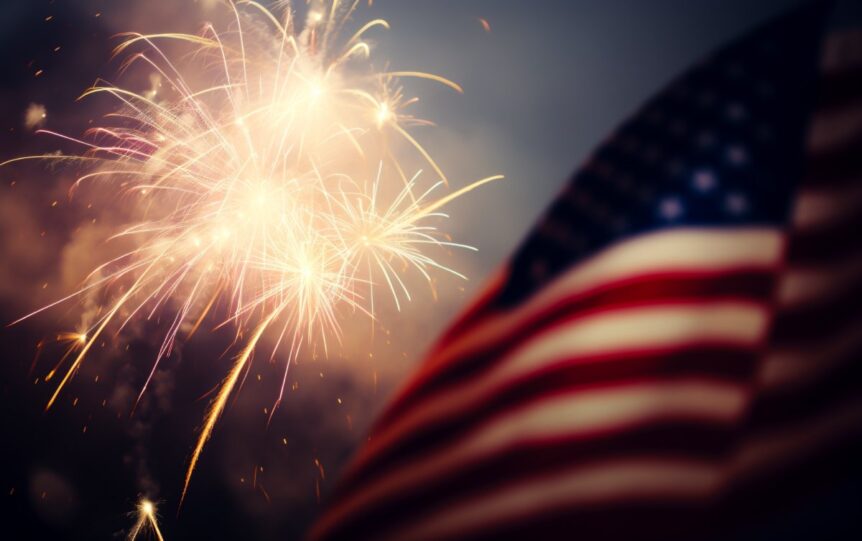Fireworks laws vary significantly across the United States, with some states imposing strict bans on their sale and use. However, these restrictions often lead residents to seek out fireworks illegally from neighboring states, risking significant legal consequences.
1. Massachusetts
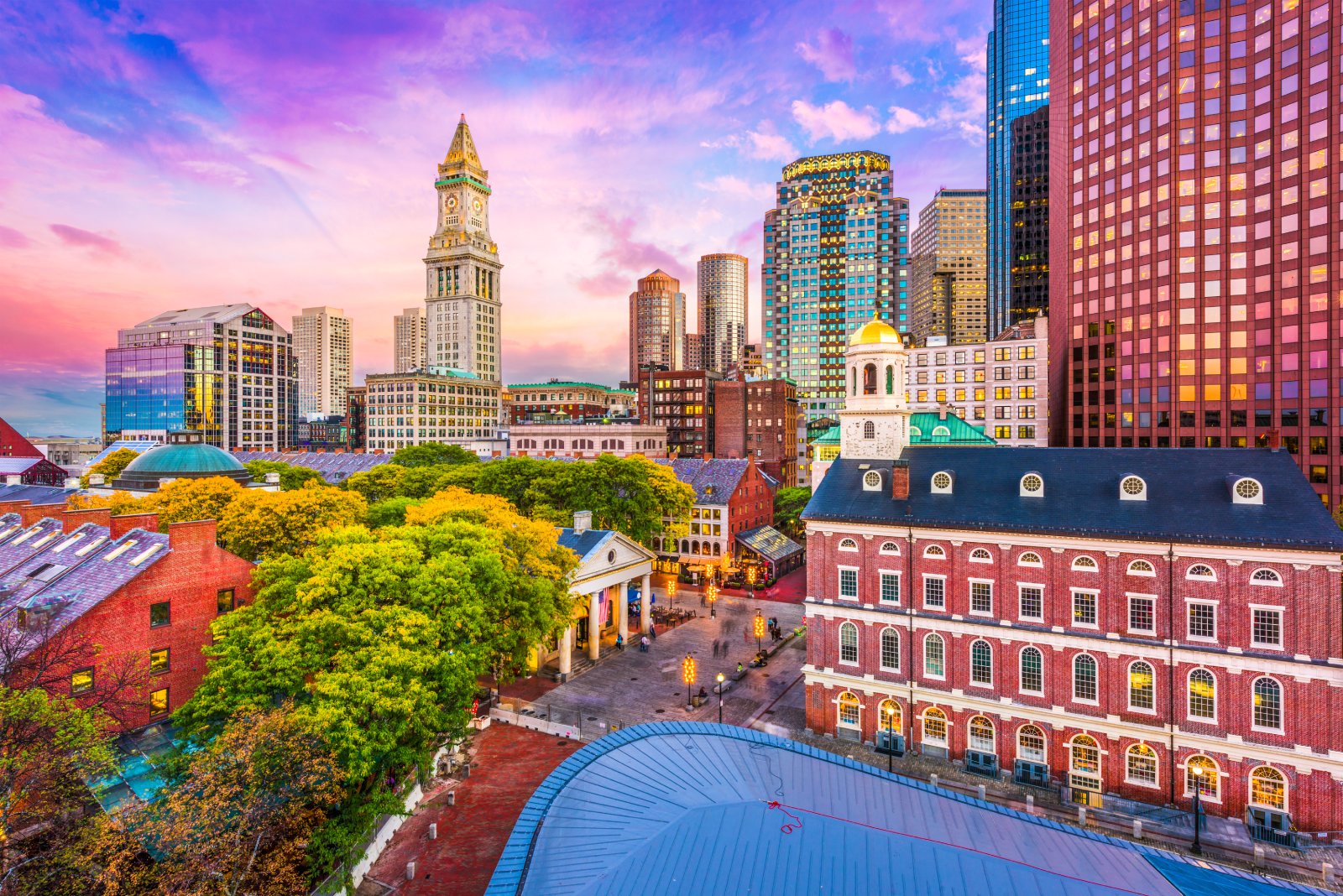
Image Credit: Shutterstock / Sean Pavone
Massachusetts enforces one of the strictest fireworks bans in the country. All consumer fireworks are illegal, including sparklers and firecrackers. Residents often travel to New Hampshire, where fireworks are legal and easily accessible. Many return with fireworks hidden in their vehicles, despite the risk of confiscation and fines. If caught, individuals can face fines up to $1,000 and imprisonment for up to one year.
2. New York

Image Credit: Shutterstock / Pit Stock
New York bans most consumer fireworks, allowing only ground-based and hand-held sparkling devices. New Yorkers frequently cross into Pennsylvania, where a wide range of fireworks is legal. Pennsylvania’s relaxed laws make it a hotspot for fireworks buyers from New York. Possession of illegal fireworks in New York can result in fines up to $250 for the first offense and $750 for subsequent offenses. Serious violations may also lead to criminal charges.
3. New Jersey
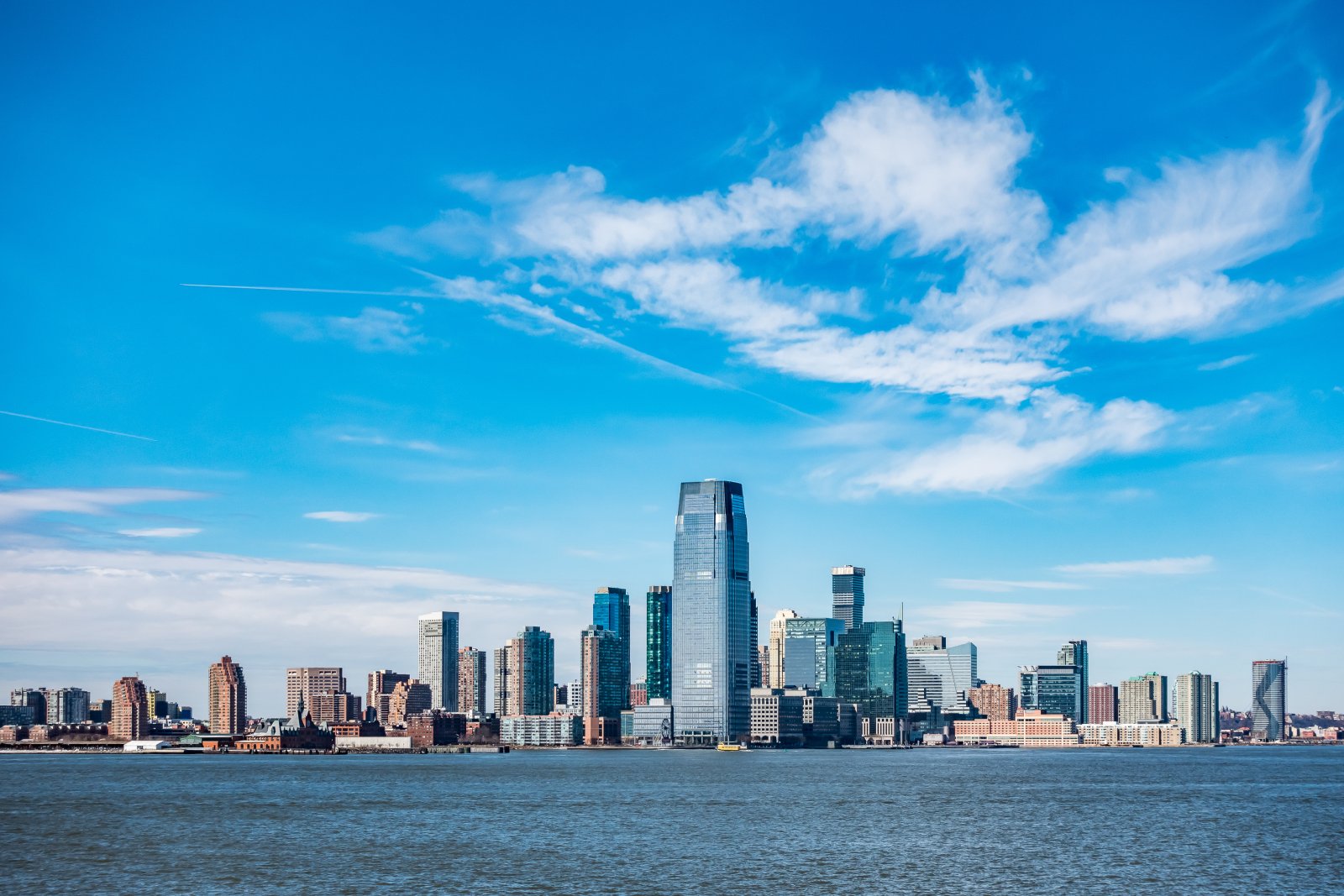
Image Credit: Shutterstock / Clari Massimiliano
New Jersey permits only sparklers and novelty items like party poppers and snappers. All other fireworks are prohibited. Similar to New York, New Jersey residents often purchase fireworks in Pennsylvania, taking advantage of the lenient regulations there. Violators face fines up to $500 and potential jail time. Repeat offenders can expect harsher penalties, including increased fines and longer jail sentences.
4. California
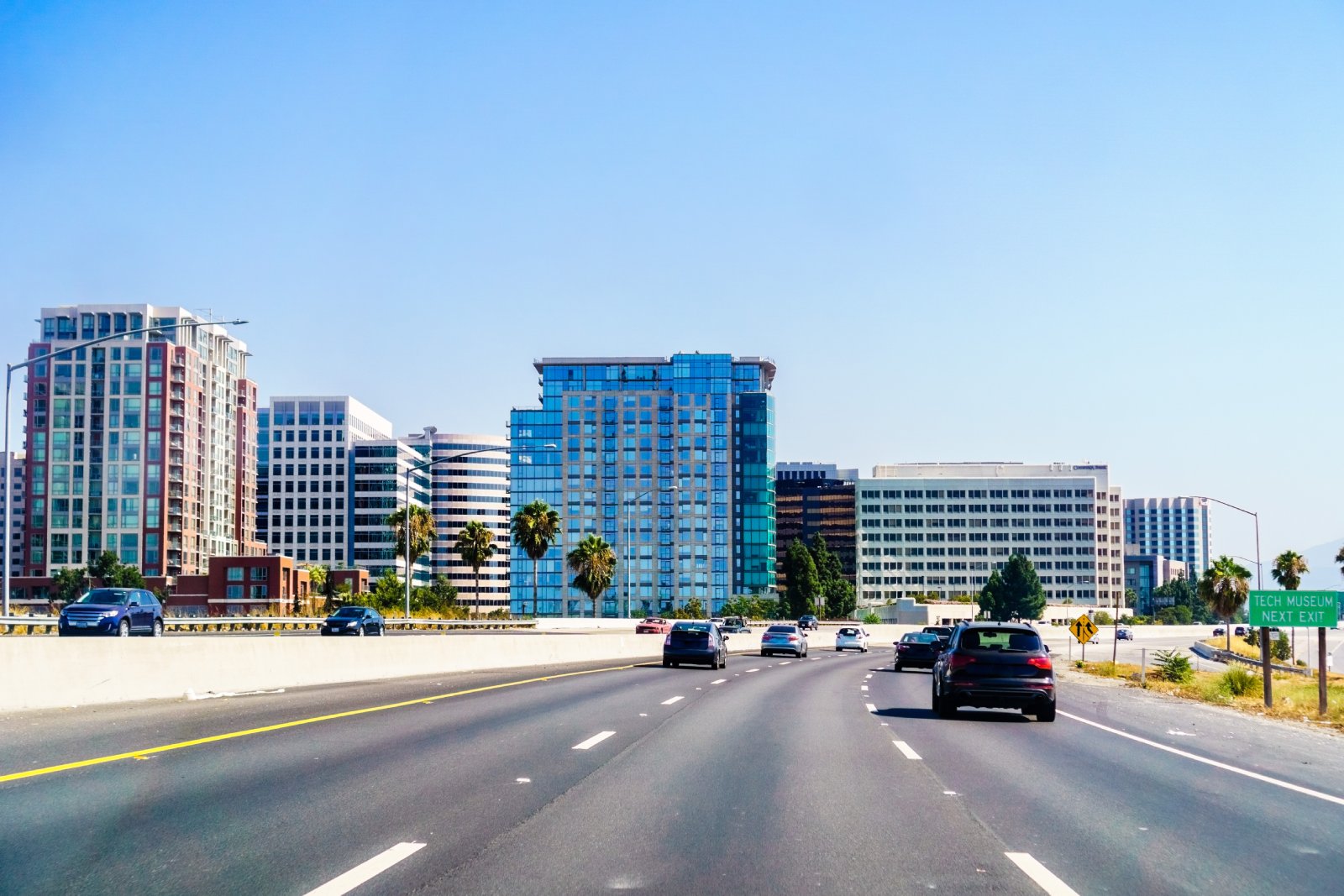
Image Credit: Shutterstock / Sundry Photography
California’s laws vary by locality, but many areas, including Los Angeles and San Francisco, ban all fireworks except for those classified as “Safe and Sane,” which do not explode or fly. Californians may travel to neighboring states like Nevada and Arizona, where a broader range of fireworks is available. Violators can face fines ranging from $500 to $1,000 and potential imprisonment. Additionally, the state can impose civil fines up to $10,000 for large quantities of illegal fireworks.
5. Illinois
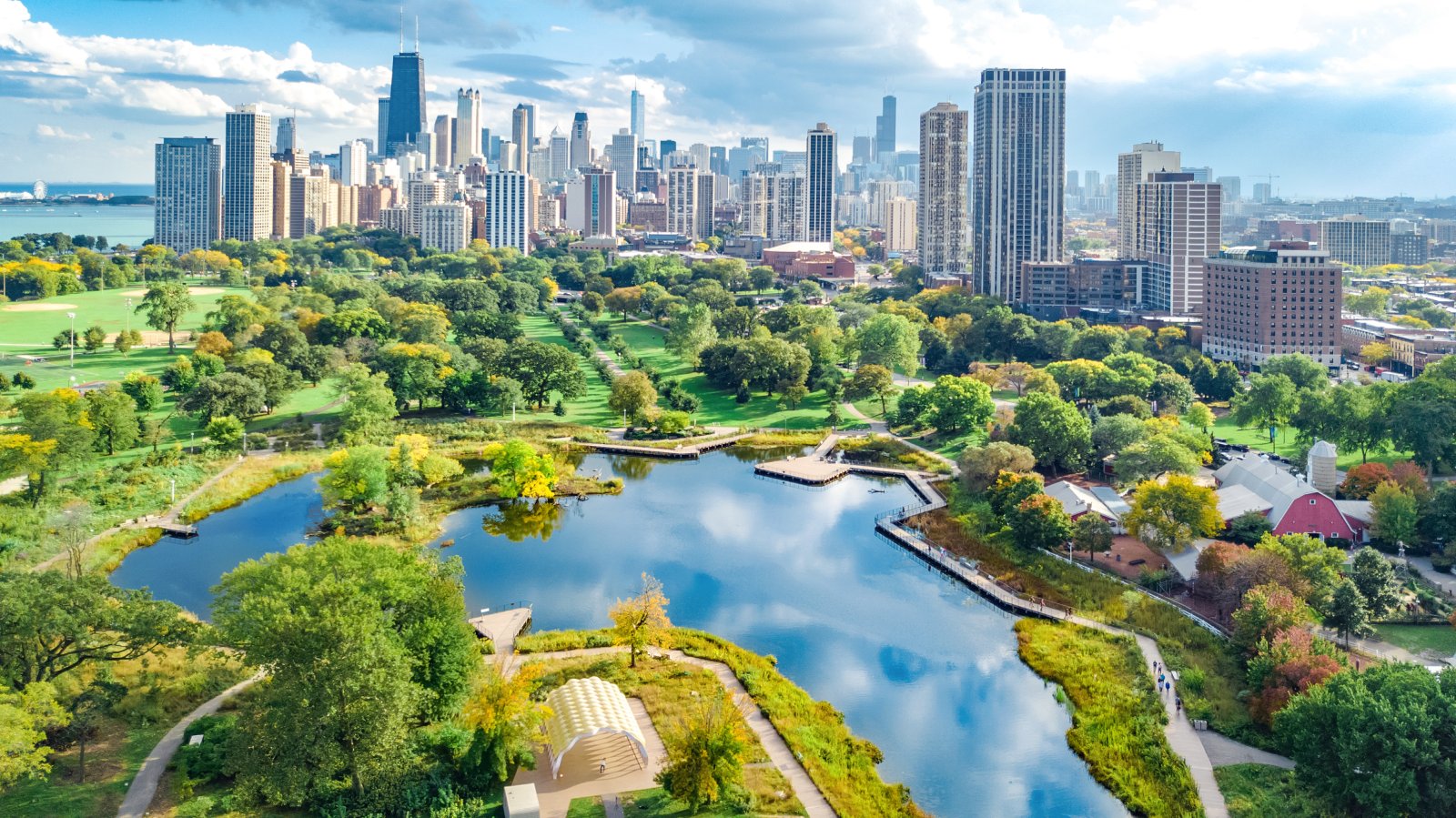
Image Credit: Shutterstock / JaySi
Illinois bans most fireworks, including firecrackers, bottle rockets, and roman candles. Only novelty items like sparklers are allowed. Residents frequently purchase fireworks in Indiana, where the sale of consumer fireworks is legal and unrestricted. Possession of illegal fireworks in Illinois can result in misdemeanor charges, with fines up to $2,500 and imprisonment for up to one year.
6. Ohio
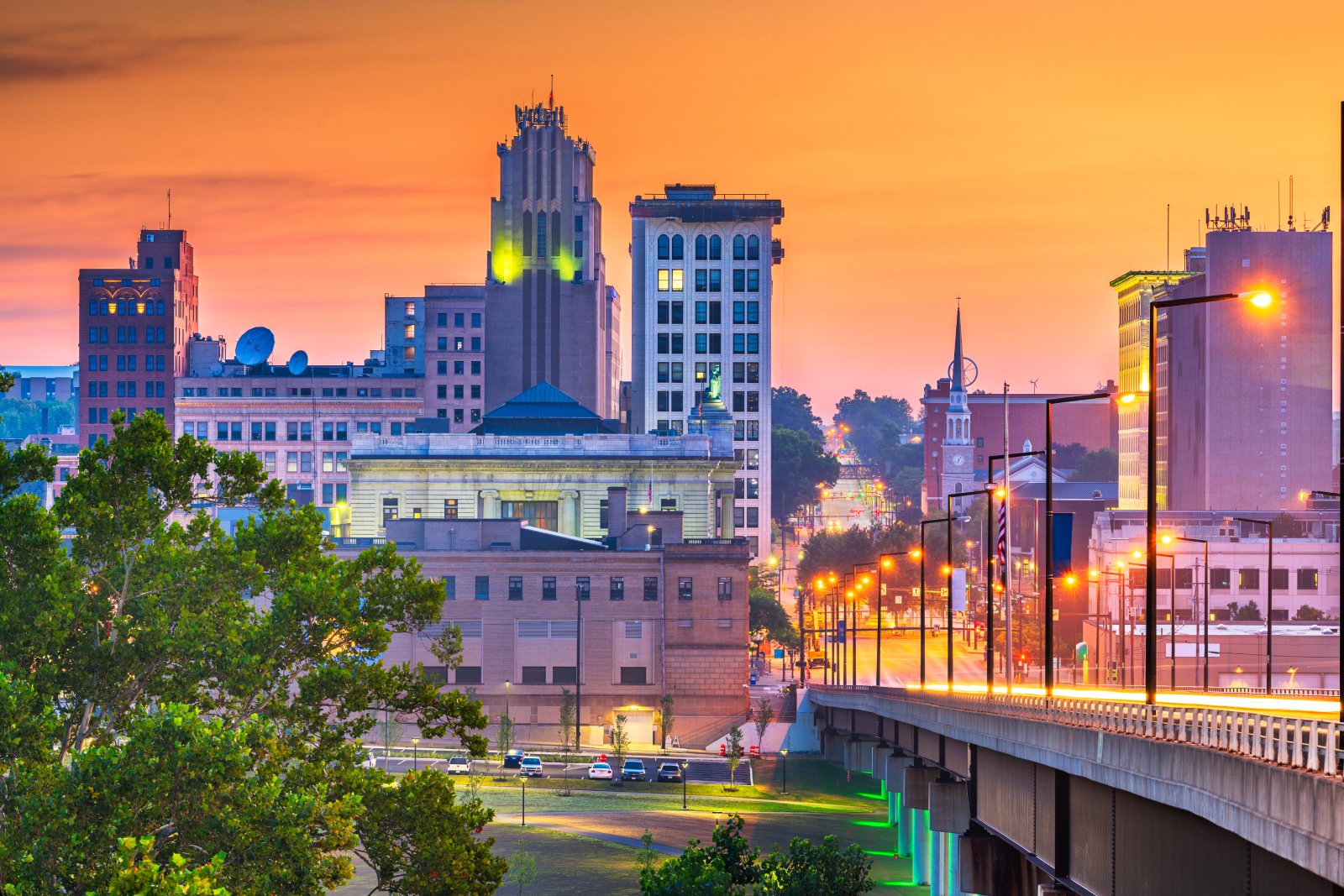
Image Credit: Shutterstock / Sean Pavone
Ohio bans the use of most consumer fireworks. However, residents are allowed to purchase them, provided they sign an agreement not to use them within the state. This loophole leads many Ohioans to travel to neighboring states like Indiana and Kentucky to purchase fireworks, which they then bring back and use illegally. Penalties for violating Ohio’s fireworks laws include fines up to $1,000 and possible jail time.
7. Rhode Island
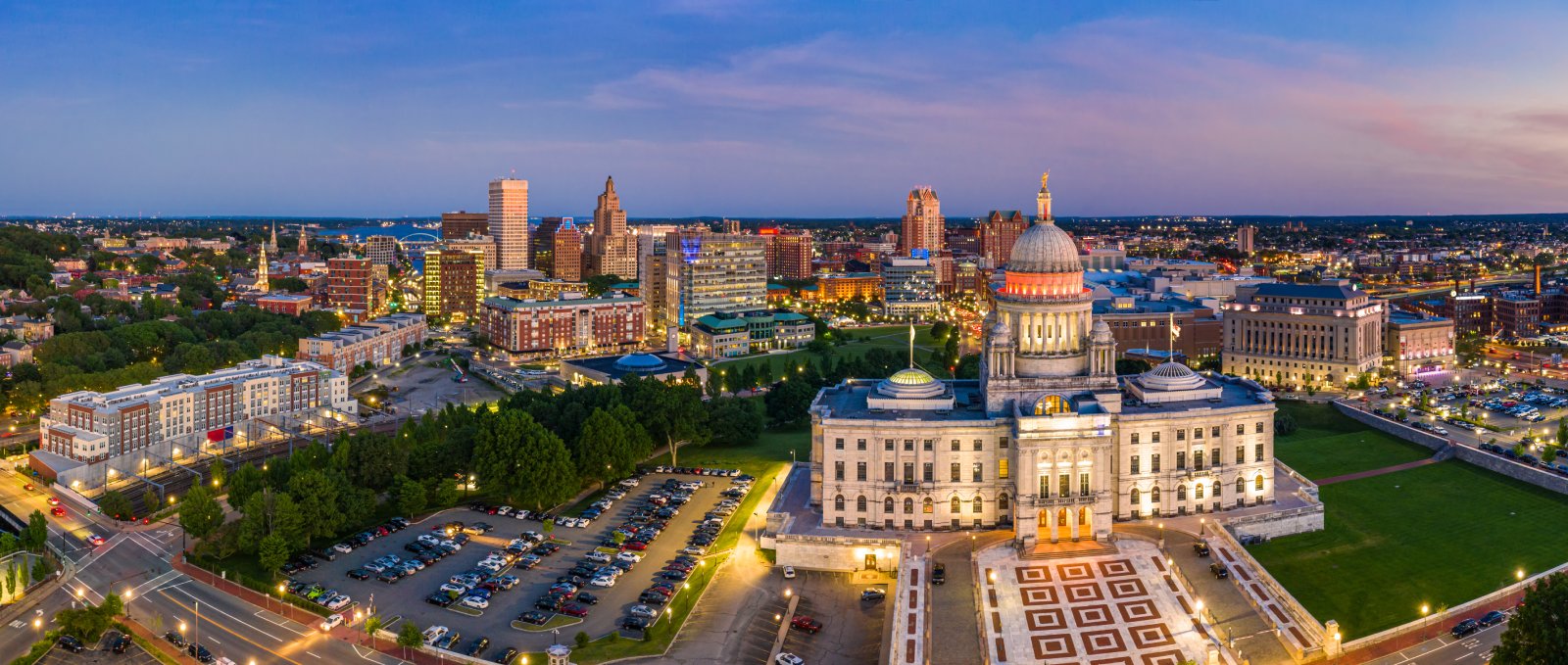
Image Credit: Shutterstock / Mihai_Andritoiu
Rhode Island prohibits all consumer fireworks except for sparklers and ground-based devices. Residents often travel to Connecticut, where a wider variety of fireworks is available. If caught transporting or using illegal fireworks, individuals can face fines and potential imprisonment.
8. Minnesota
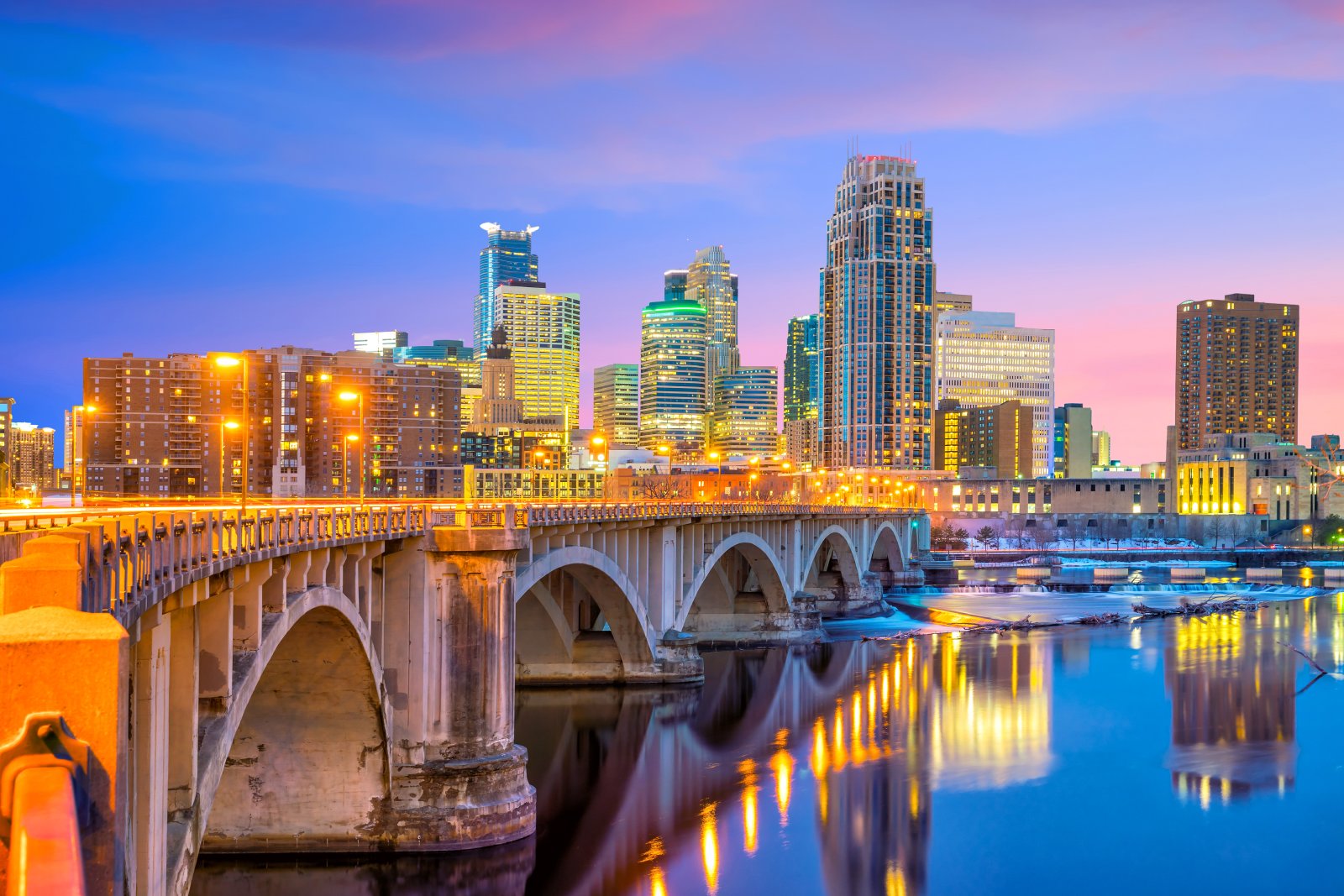
Image Credit: Shutterstock / f11photo
Minnesota allows only certain types of non-explosive fireworks like sparklers and cones. Residents frequently travel to Wisconsin, where fireworks laws are more lenient. Bringing fireworks back into Minnesota can result in fines and confiscation of the fireworks.
9. Vermont
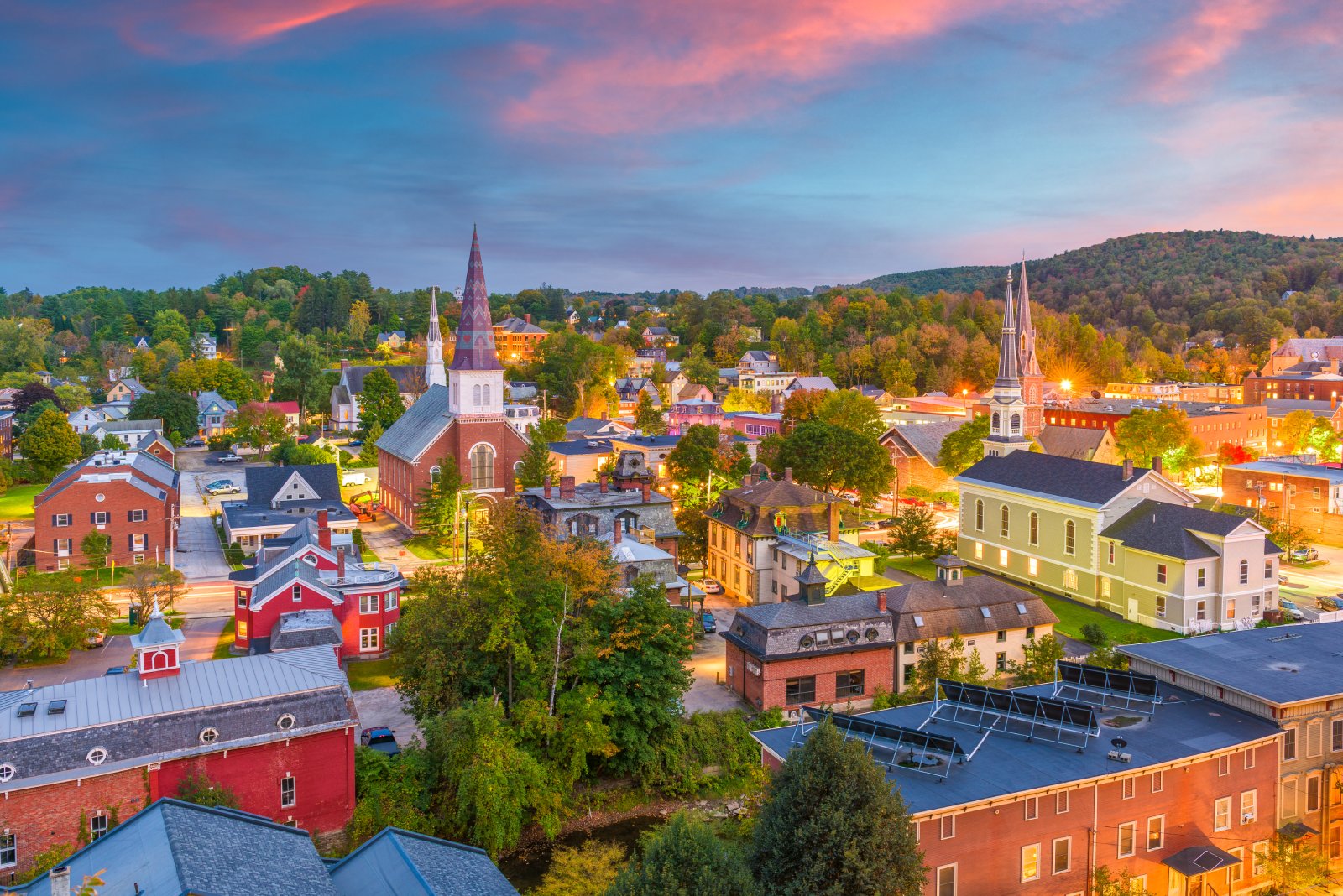
Image Credit: Shutterstock / Sean Pavone
Vermont has strict laws banning all consumer fireworks except sparklers. Vermonters often cross into New Hampshire to purchase fireworks. If caught, they can face fines and possible jail time.
10. Michigan
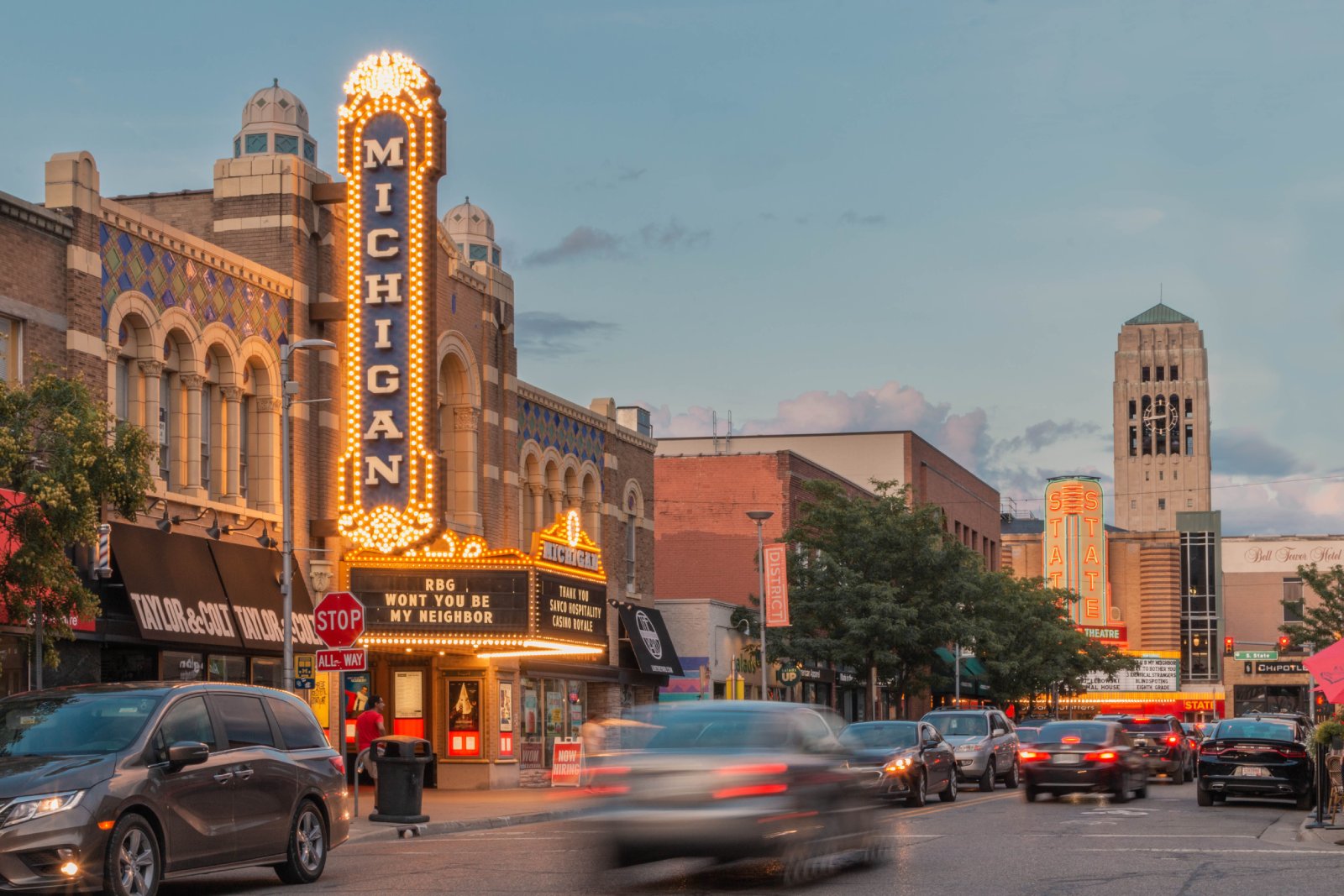
Image Credit: Shutterstock / Hansonl
Michigan allows the sale of consumer fireworks, but local ordinances can impose stricter bans. Residents sometimes travel to Ohio or Indiana, where fireworks laws might be less stringent. Violators can face fines and legal consequences based on local regulations.
11. Maine
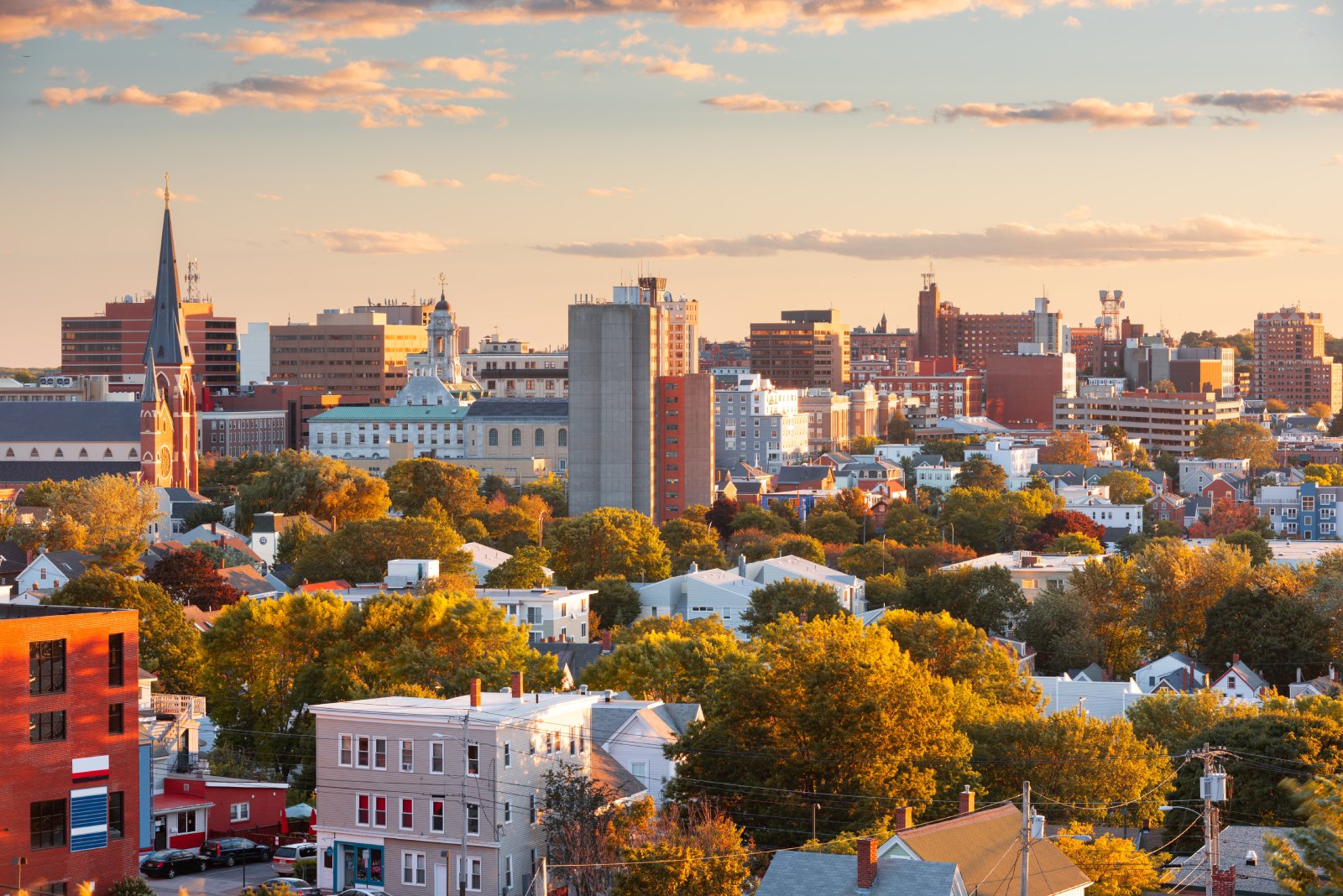
Image Credit: Shutterstock / Sean Pavone
Maine permits only sparklers and a few ground-based fireworks. Residents often travel to New Hampshire, where fireworks are more accessible. If caught bringing fireworks into Maine, they can face fines and possible legal action.
12. North Carolina
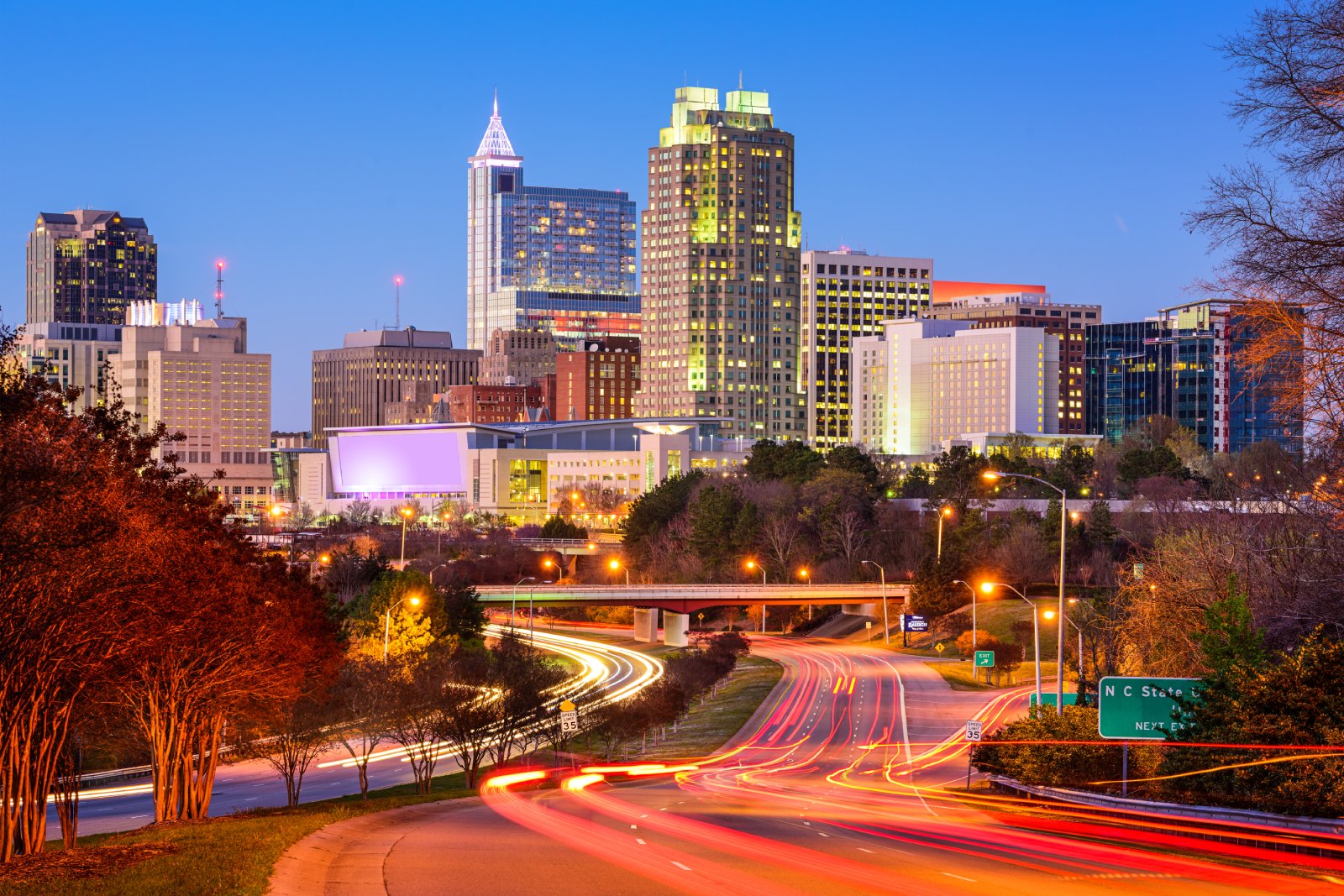
Image Credit: Shutterstock / ESB Professional
North Carolina bans aerial and explosive fireworks, allowing only sparklers and novelty items. Residents frequently travel to South Carolina to purchase fireworks, where the laws are more lenient. Bringing fireworks back into North Carolina is illegal and can result in fines and possible imprisonment.
13. Washington
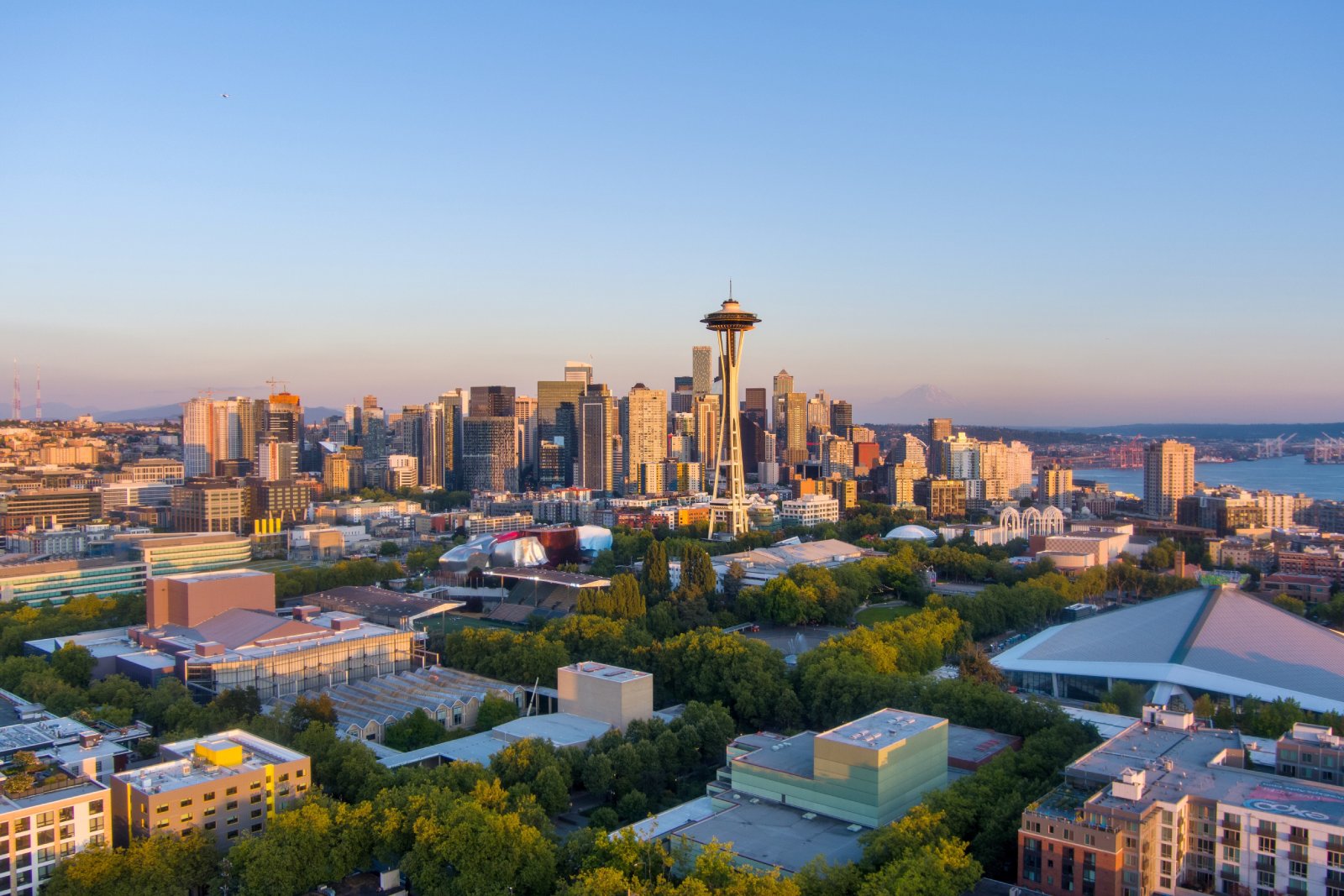
Image Credit: Shutterstock / Cavan-Images
Washington state bans most consumer fireworks except for sparklers and ground-based devices. Residents often travel to Oregon or Idaho to purchase fireworks. Violators in Washington can face fines and potential jail time.
14. Massachusetts
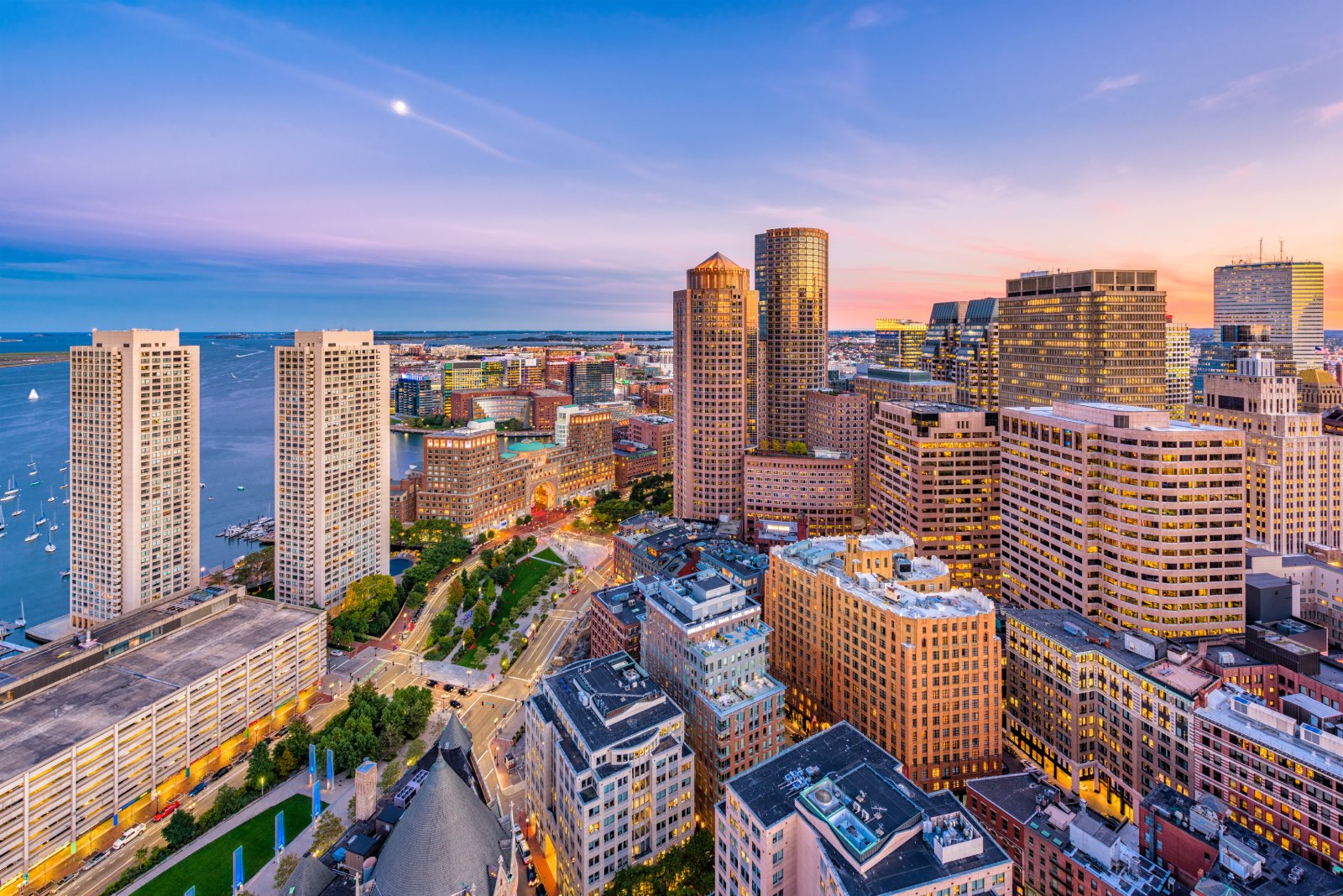
Image Credit: Shutterstock / Sean Pavone
Massachusetts has one of the strictest fireworks bans, prohibiting all consumer fireworks. Residents often travel to New Hampshire for fireworks. If caught, they can face significant fines and imprisonment.
15. Arizona
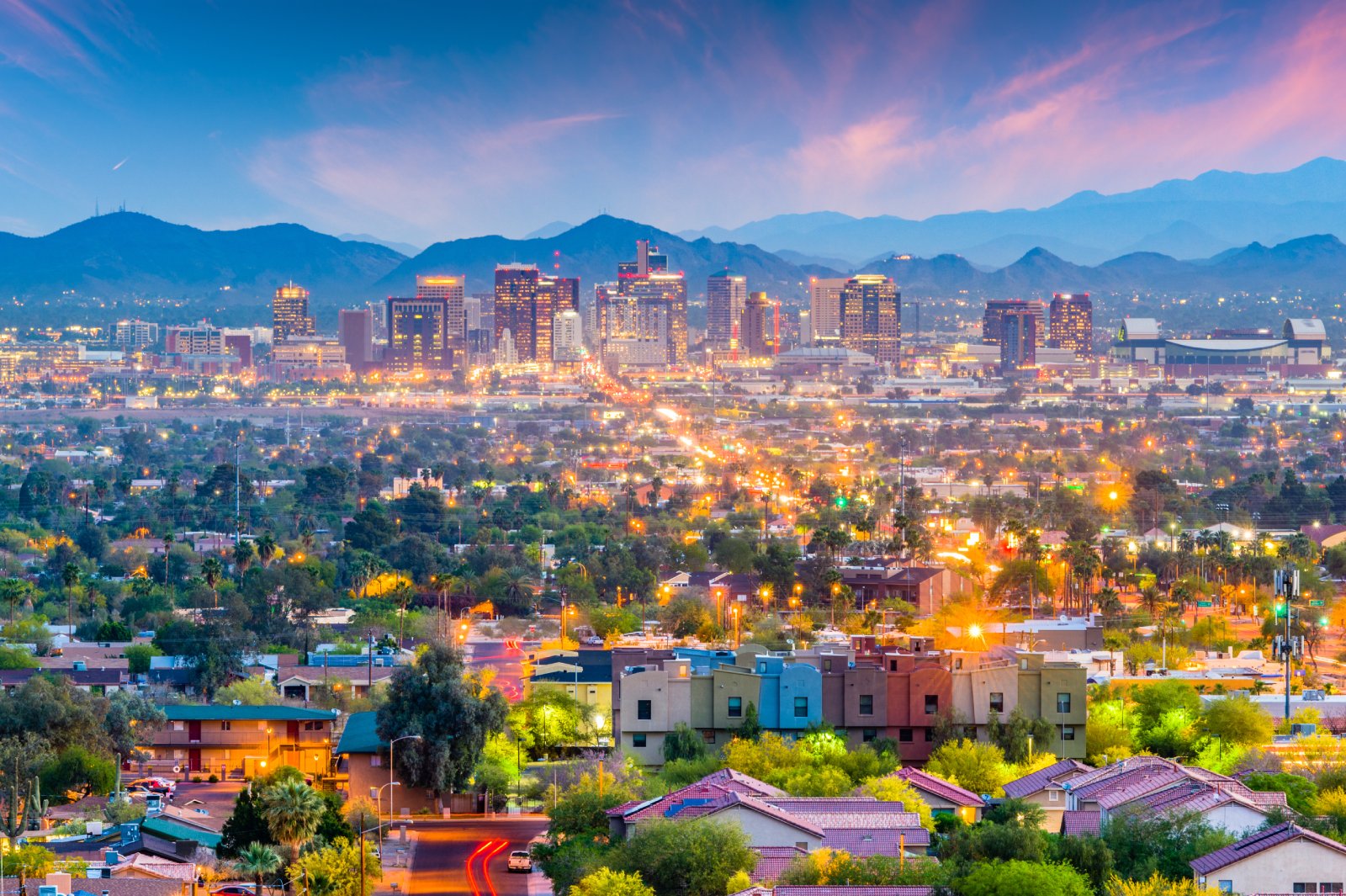
Image Credit: Shutterstock / Sean Pavone
While certain types of fireworks are permitted in Arizona, many local ordinances prohibit their use. Residents often travel to Nevada, where fireworks are more accessible. Violators can face fines and legal repercussions depending on local regulations.
The Consequences of Illegal Fireworks

Image Credit: Shutterstock / AnnaStills
Fireworks bans exist for safety, environmental, and public health reasons. However, many Americans still choose to circumvent these laws, risking hefty fines, imprisonment, and the safety of their communities. It’s crucial to consider the significant legal and personal risks before engaging in illegal fireworks activities.
Oil Dumping Scandal Rocks Ships Heading to New Orleans

Image Credit: Shutterstock / Aerial-motion
Two shipping companies have been fined after knowingly hiding a large oil spill in the Atlantic Ocean. Oil Dumping Scandal Rocks Ships Heading to New Orleans
20 Eye-Opening Realities Facing Retiring Baby Boomers

Image Credit: Shutterstock / Jack Frog
As Baby Boomers approach retirement, the promise of leisure and security often seems unattainable. This generation faces unique challenges that could redefine retirement. Here’s a stark look at the realities shaping their outlook. 20 Eye-Opening Realities Facing Retiring Baby Boomers
Retail Apocalypse: Massive Closures Sweep Across U.S. Brands

Image Credit: Shutterstock / Tada Images
Stores across the U.S. are closing at unprecedented levels, according to new research from advisory firm Coresight Research. Read on for more information about the impact this could have on you and your communities. Retail Apocalypse: Massive Closures Sweep Across U.S. Brands
The post Explosive Laws: Where Fireworks Are Banned in the USA and Potential Fines first appeared on EcoHugo.
Featured Image Credit: Shutterstock / Henrik A. Jonsson.
For transparency, this content was partly developed with AI assistance and carefully curated by an experienced editor to be informative and ensure accuracy.

